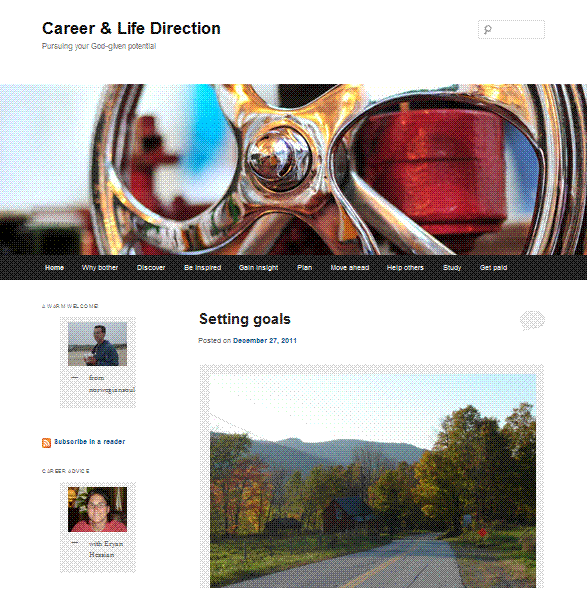Education and practical benefit
- At August 31, 2012
- By Nathan
- In Meeting Needs
 0
0
With school on the horizon, it is worth reflecting on the value of taking the time to study, to improve yourself, and to learn new skills.
College, university, technical schools and training programs, even high school and primary or elementary schools can help you do that. A formal and focused settings isn’t absolutely necessary. Many people who do not have a formal education have an education nonetheless. But it sure helps if you can take a large chunk of time, focus on a specific area of interest, and come away with valuable new skills.
Keep in mind, though, that schools are by and large subsidized and to some extent artificial environments. This is to say, that very few people could afford to pay for their education if each student was charged tuition and the rate was set to cover all the costs involved. Building and operating a school is a very expensive prospect. Get in the habit of being very thankful if you pay very little or next to nothing and yet routinely go to school each day. Having said that, not everything you learn is such a setting is necessarily going to benefit you personally or help you down the road.
Discernment will be required early on in your education.
Money comes in, most often from taxpayers, and the bills get paid whether where is tangible practical benefit from studying each and every part of the curriculum or not. This isn’t to suggest that it is a good idea to be constantly questioning the rationale behind every single assignment that you are asked to do. But be aware, that there can be a big difference between what you may need to do to make it through the system, and what you really need to know in order to succeed when you get outside.
In saying this, I have no desire to offend any hard-working teachers or professors. But the reality is that their success is not always tied very tightly to yours. You will need to take responsibility for yourself. You will need to determine what you really need to know.
It is a good idea to begin by paying attention to what is basic and essential. Acquire basic knowledge and essential practical skills. Build from there. It depends what you want to do with your life. But very often, your marks won’t matter nearly as much as you might think. At one level, nobody is going to care even if you get good marks in, say, accounting. They will care though, if this means that you can get a job and then provide them with a quality service that they really need.
Yes, begin with the basics. Focus on practical outcomes. Become sophisticated and culturally refined if you like, but do this on the side; don’t make it your main concern.
From there, try to explore and develop a personal area of interest. This is to say, that it is a good idea to commit to a specific career path as soon as you can. Find out what you enjoy, what you are good at, what type of personality you have, and how you might go about identifying a career direction that takes these things into consideration. It can take a long time to get the training that you need. It can be very expensive as the years go by. So get started as soon as you can.
Be sure that you will clearly have a valuable service to offer others when your formal education comes to an end.
© Career & Life Direction 2012. All rights reserved.


































